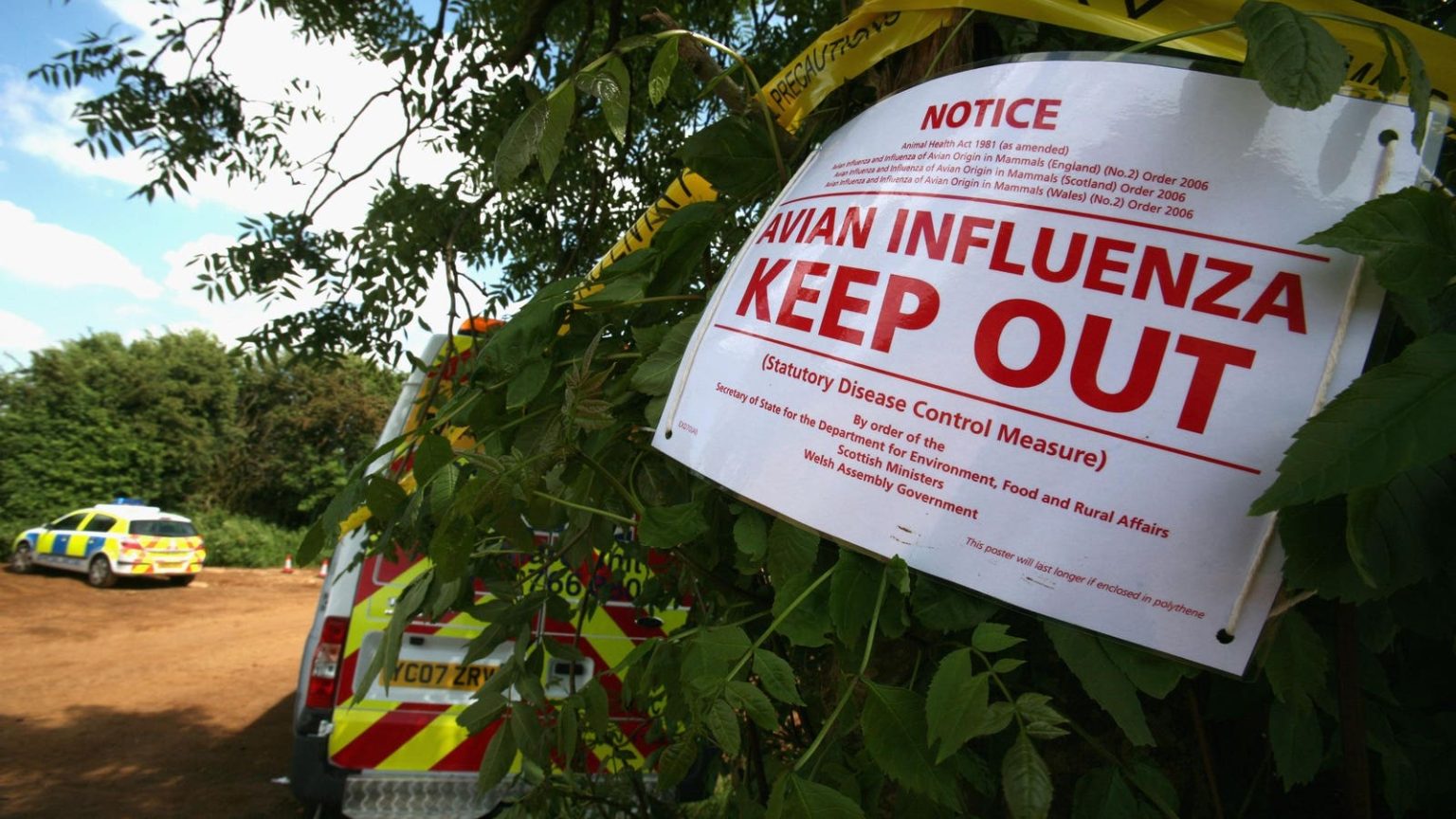A global outbreak of H5N1 bird flu that started in 2020 has recently spread among cattle in U.S. states and marine mammals worldwide. Health officials are closely monitoring the situation, with concerns that the virus could mutate and potentially spread to humans, where it has been rare but deadly.
In May, the USDA discovered that high levels of the virus were eliminated when beef was cooked medium to well done. However, the virus was still present in meat cooked at lower temperatures. The CDC found high levels of influenza A in several states, but it was unclear if it came from humans or animals.
To address the outbreak, the FDA committed an additional $8 million to ensure the safety of the commercial milk supply, while the Department of Agriculture allocated funds to help farms mitigate the spread of the disease. In Colorado, 70 people are being monitored for potential bird flu exposure, with testing planned if symptoms appear.
Despite concerns, the Department of Agriculture confirmed that grocery store ground beef products tested negative for bird flu, ensuring the safety of the meat supply. The FDA also confirmed that dairy products are safe to consume, with no live traces of the virus found in samples tested.
Experts are concerned about the potential for the bird flu virus to infect cows in other countries, leading to increased testing in grocery stores and of ground beef samples. The USDA warned against consuming unpasteurized milk to prevent infection and emphasized the importance of proper food preparation and cooking temperatures.
Human cases of bird flu have been linked to contact with infected animals, with individuals in Texas and Colorado contracting the virus. While rare, bird flu infections can be deadly, with symptoms including fever, cough, and muscle aches. The CDC recommends proper cooking of meat and eggs to prevent transmission, and there are approved vaccines for humans in the event of an outbreak.


